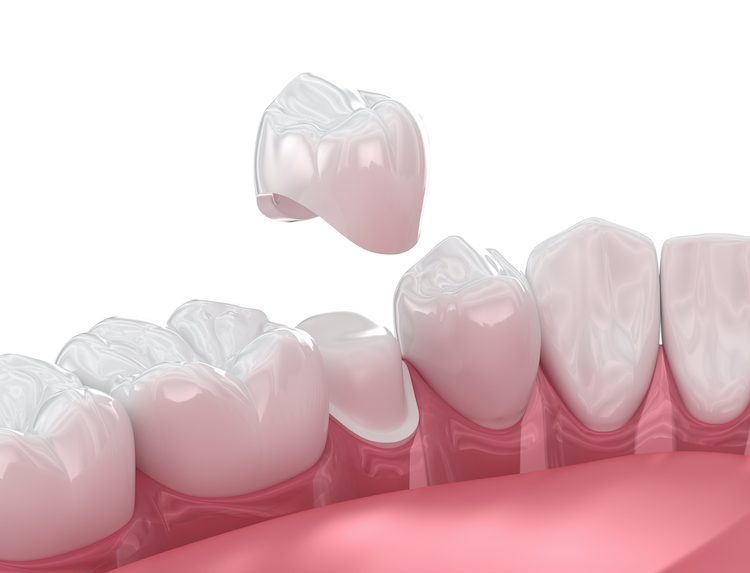Dental crowns are a common restorative treatment used to strengthen, protect, and improve the appearance of damaged teeth. They may not always the first option for every dental issue. However, there are several situations where a crown becomes necessary to restore oral health and function. Understanding the signs that indicate you may need a dental crown can help you address issues before they become more serious.
Persistent Tooth Pain or Sensitivity
One of the most common signs that you may need a dental crown is ongoing tooth pain or sensitivity, especially when chewing or consuming hot or cold foods. This discomfort could be a result of a deep cavity, a chipped tooth, or enamel erosion that has exposed the underlying dentin. If left untreated, these issues can worsen over time. A dental crown provides a protective barrier over the tooth. It could relieve sensitivity and prevent further damage.
A Chipped or Broken Tooth
Teeth can chip or break due to trauma, grinding, or biting down on hard foods. While small chips can often be repaired with dental bonding, more significant damage may require a crown. A crown could restore the tooth’s structure, enabling it to function normally and preventing the crack from spreading. This is especially important for molars, which endure the most pressure during chewing.
Large Fillings That Weaken the Tooth
Teeth that have large fillings are more prone to fractures because much of the natural structure has been removed. Over time, these teeth may no longer be strong enough to support a filling alone. When this happens, a crown could help by encasing the entire tooth. It offers added stability and reduces the risk of breakage. Dentists often recommend crowns in these cases as a proactive step to extend the life of the tooth.
After Root Canal Treatment
Root canal therapy is an effective way to treat infected or severely decayed teeth. However, it can leave the tooth more brittle and susceptible to fracture. Since much of the inner structure is removed during the procedure, placing a crown on the treated tooth helps protect it and restore its function. Without this reinforcement, the tooth could suffer damage under normal biting pressure.
Worn Down Teeth from Grinding
Bruxism, or chronic teeth grinding, can cause significant wear and tear on your teeth over time. This constant grinding can flatten the surfaces of your teeth, change your bite, and even lead to fractures. If your dentist notices that your teeth have become excessively worn, a crown may be recommended to rebuild their shape and protect them from further damage.
Loose or Damaged Existing Crowns
Crowns don’t last forever. Over time, the cement holding a crown in place can weaken, or the crown itself may wear down or crack. If you notice that your crown feels loose, looks damaged, or is causing discomfort, it’s a sign that you may need a replacement. Leaving a compromised crown in place can lead to further decay or damage to the underlying tooth.
Dental Crown Treatment in Towson, MD
At Sweet Tooth Dentistry, we are dedicated to preserving your oral health. If you suffer from damage or decay, a dental crown could prevent worsening conditions. Contact our office today to schedule a consultation and learn more about your restorative dentistry treatment options

